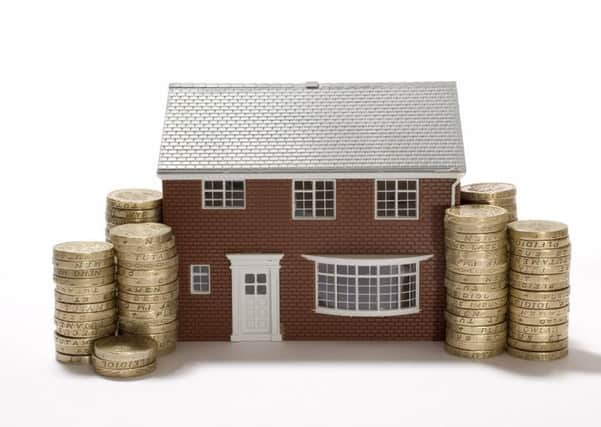Capital Gains Tax changes for empty main residences


Having spent recent years increasing the tax burden for property investors, including the introduction of the three per cent Stamp Duty surcharge on second home purchases, last year’s Autumn Budget saw the Chancellor turn his sights
to homeowners who do not sell their home when they cease occupying them.
Advertisement
Hide AdAdvertisement
Hide AdThe October 2018 Budget proposed changes to the Capital Gains Tax (CGT) reliefs that apply when selling a property, which has been used as a main residence. The changes will affect not only those who let out properties that they may have lived in themselves at some point, but give those selling their own homes half as much time to sell, after moving out, to avoid a potential tax charge.
Here we take a look at the impact of the proposed changes to reduce the amount of time somebody has to sell their property after moving out to avoid triggering an unwelcome tax charge.
Principal Private Residence (PPR) relief ensures that capital gains made on the sale of a person’s only or main home is not subject to CGT. The relief covers not only the periods the property was occupied but also provides relief for other periods of non-occupation, including an initial period of up to 12 months for property construction/renovation before first occupation; periods of time spent working away (either in the UK or overseas); and the final 18 months of ownership.
The final 18 months period provides an essential “buffer” for those who have moved out of their former home into their new home to avoid paying any CGT, provided they sell within 18 months of moving out.
Advertisement
Hide AdAdvertisement
Hide AdIn the past, the final ownership period was 36 months but in April 2014 it was halved as it was deemed overly generous (harking back to a time when the property market crash meant it could take many months or years to sell a former home). It had also become the subject of controversy as it enabled people to elect to “flip” their main residence and avoid paying CGT on two properties.
The recent Budget confirmed that for sales after April 5, 2020, the final 18 months exempt period will be halved to just nine months (with the existing 36 months relief continuing to apply to disabled persons and for those who have had to move out of their homes and into residential care).
It is an interesting period for the Chancellor to have introduced such a reduction, as the reality is that many homeowners are not hanging onto their properties through choice but because they can’t find a buyer due to the UK property market slow down.
However, if they don’t sell their home within nine months of moving out, they may find a capital gain slowly creeps into play. It is important to note that every individual has a CGT annual exemption (which will be £12,000 from April 2019), so any gain not covered fully by PPR relief (calculated on a time-apportioned basis) would need to exceed this exemption level before any tax might be due. Married couples have a CGT exemption each so that would exempt the first £24,000 of gain.
Advertisement
Hide AdAdvertisement
Hide AdThe PPR rules can be complex and the Budget changes mean that anybody looking to sell a property that has at some point been their main residence will need to review how the CGT and PPR rules will apply in their case.
As always, we would recommend that you speak to a professional adviser if you are contemplating buying or selling property so you are fully aware the various tax implications.